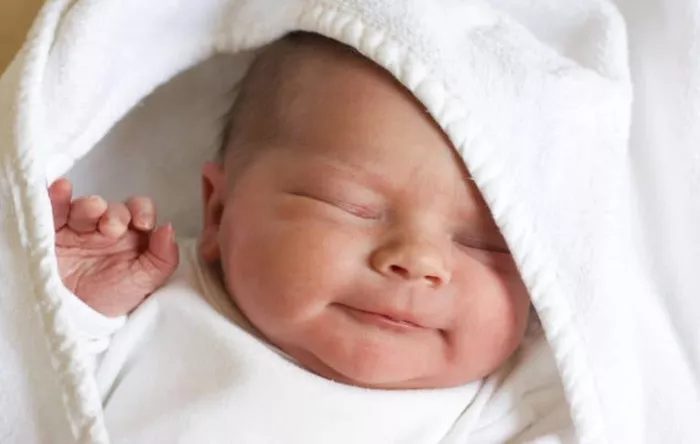A Utah mother, Madysen Wilcox, faced an unimaginable heartbreak when she discovered that her unborn son, Charlie, has been diagnosed with a rare terminal illness. Wilcox’s journey began during a routine 15-week ultrasound after experiencing early pregnancy complications.
Initially, Wilcox’s subchorionic hematoma, a small collection of blood between the fetal membranes and the uterine wall, was not deemed a threat to her pregnancy. However, the spotting it caused led her midwife to recommend an ultrasound. It was during this scan that concerns arose.
“The doctors noticed something unusual in my baby’s side profile; they couldn’t locate a nasal bone, and his brain wasn’t as developed as it should have been,” the 29-year-old mother shared with Newsweek. Initially, Down syndrome was suspected, but a genetic blood test came back negative. Despite the results, Wilcox’s midwife sought further evaluation from a specialist, leading to another scan three weeks later.
This follow-up scan delivered devastating news: her baby boy was diagnosed with alobar holoprosencephaly, a rare and fatal brain defect where the two hemispheres of the brain fail to form and divide.
Recalling the moment of the diagnosis, Wilcox said, “It felt like my soul left my body. I was watching myself react to the news.” After an agonizing silence, her husband Darin asked for an update. “I’ll never forget the words, ‘I’m concerned,’ and I felt my heart sink,” she added. When the doctor confirmed the diagnosis, Wilcox attempted to reach the sink, fearing she might vomit, but her legs gave way, and she collapsed. “My world felt like it was crashing down. I was suffocating. We were told our baby would not survive, and it was the last thing I expected to hear.”
The condition is so rare that doctors cannot predict how long Charlie might survive, and there is a significant risk of stillbirth.
Wilcox, who has two other children, shared her story on TikTok, where her video received 166,000 views and hundreds of comments. The clip, captioned “This isn’t the end,” received an outpouring of support and prayers. Some users shared similar experiences, with one commenting, “My son was diagnosed with a lethal condition at 20 weeks… we lost him at 24 weeks… hang in there.”
Despite the overwhelming sadness, some social media users offered hope. One person shared, “My baby was diagnosed with hydrocephalus. They told me she wouldn’t make it… she’s now 4 years old, and doctors are shocked.”
Newsweek also spoke with Dr. Dympna Weil, a board-certified OB/GYN, who discussed Wilcox’s case. Dr. Weil explained that the 18-20 week ultrasound is a crucial time to inspect the fetus’s anatomy for any abnormalities. She described alobar holoprosencephaly as “one of the hardest situations” an obstetrician might encounter. The condition can cause severe facial deformities, including cyclopia (a single eye in the middle of the face), missing eyes, a proboscis (a tubular-shaped nose), or closely spaced eyes with a flattened nose.
Holoprosencephaly is the most common forebrain malformation in humans, but most of the 1 in 250 affected pregnancies end in miscarriage during the first trimester. “It is unusual for a pregnancy with this diagnosis to continue to a live birth,” Dr. Weil noted, highlighting the rarity of Wilcox’s situation, given she is now 18 weeks pregnant.
The devastating news has led Wilcox to live life more intentionally. “I am more grateful for things I took for granted before Charlie’s diagnosis. I now see my other kids as walking miracles because they’re so healthy,” she told Newsweek. Reflecting on her previous pregnancies, she expressed disbelief at how fortunate she and her husband were not to question their babies’ development.
“I also realize how rare it is to be part of such a small percentage of people worldwide who have experienced this diagnosis. This journey has strengthened my faith, made me more compassionate, and more grateful,” she concluded.

